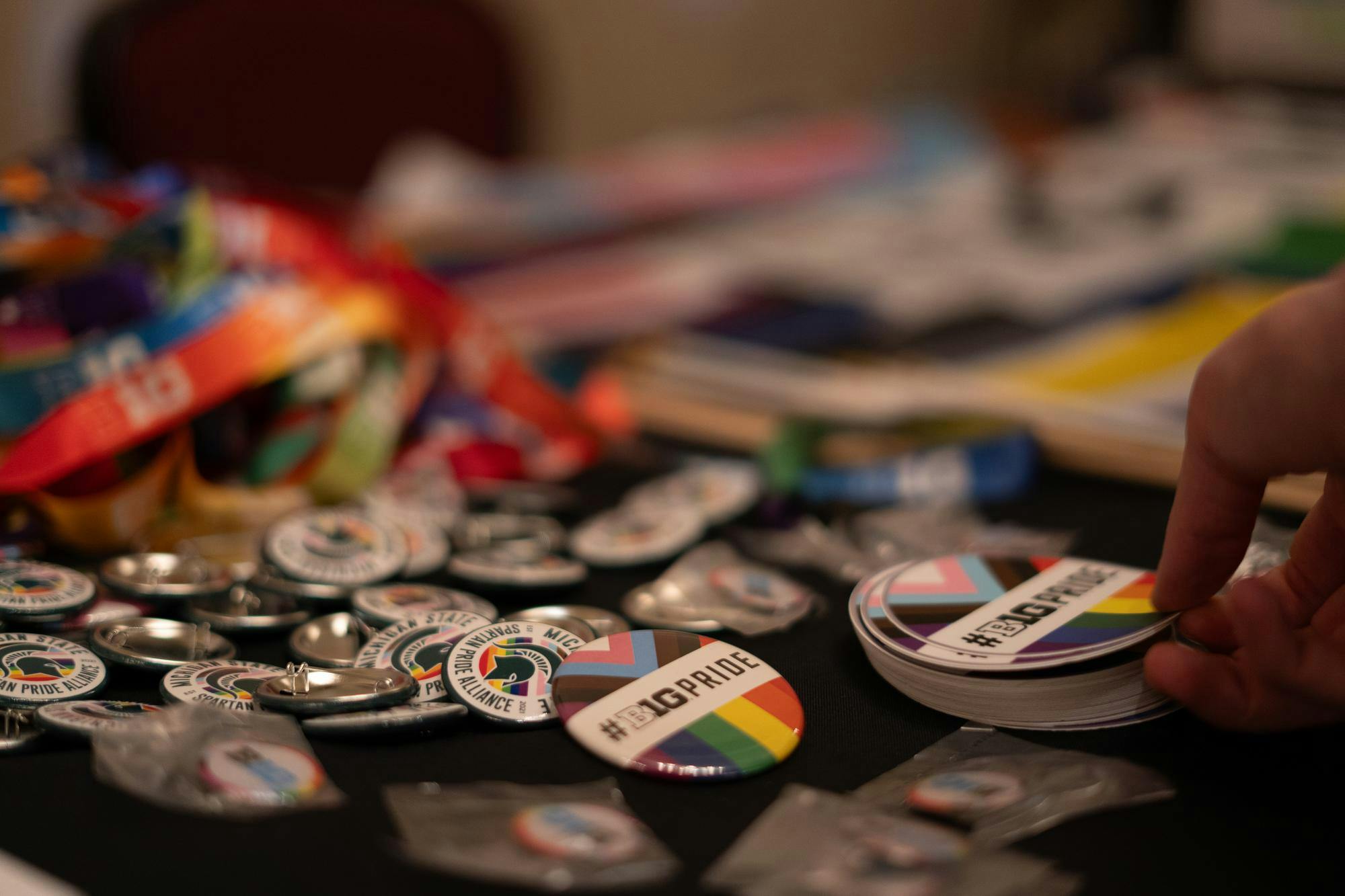At Michigan State University, community is often found within friend groups, clubs and majors. For many Spartans, this community is created and nurtured by the Center for Gender in Global context, or GenCen.
The GenCen brings in students from all different areas of study through their LGBTQ studies minor and women's and gender studies major, with the women's and gender studies major featured primarily as a dual-major for students. Advisor, Instructor and Curriculum Development Specialist at the GenCen, Pat Arnold helps students navigate this process.
“There’s this really strong pressure for obvious economic reasons, to study and earn a degree that is directly economically useful,” Arnold said. “We have by far more women’s and gender studies and LGBTQ studies minors in our program, and I think it is because the primary major students have is often oriented around that practical element of looking toward their future. But then they supplement it with things that are either personally relevant or things that give it a specialization.”
The example Arnold gave was the number of pre-med students also in gender studies programs. When on the pre-med track, you learn about the cellular level and work up while learning about the human body. Adding the additional focus of gender combined with these studies, Arnold said, creates a new layer of understanding to the human health experience, and creating this specialization brings together students from all areas of study at MSU.
“A big part of LGBTQ studies is about community and what it means to have a community,” Arnold said. “The course is equally focused on what you learn as it is on forming a community with those students.”
Working in smaller seminar classes with an emphasis on getting to know your classmates and sharing ideas is one of the foundations of gender studies at MSU. In addition to students from all over campus being brought together, instructors have similar experiences. Assistant professor in the Department of Psychology, Jae Puckett was able to find their own community as well.
“I lead a research team that is dedicated to supporting our local communities and have been involved in initiatives in the past,” Puckett said. “And I am a member of the Consortium for Sexual and Gender Minority Health. This latter group has facilitated some great connections with other faculty doing similar work and helped me to build more of a sense of community as a faculty member.”
Unlike the more traditional departments at MSU, the GenCen pulls instructors like Puckett from all over campus to join their community of educators. These educators are regarded as experts in their field and apply their knowledge sets to gender studies.
Educators affiliated with the GenCen are happy that students can find community and have access to gender education. Assistant Professor of Rhetoric & Writing in the Department of Writing, Rhetoric, and Cultures, Violet Livingston has hope for the future growth of the program.
“I would like to see a LGBTQ studies and sexuality studies major," Livingston said.
Students share a passion for continued growth of the program with Livingston and the other educators, she said. This can be seen all over campus through student groups and activism, Livingston said, adding that she often watches her students take part and waits to see what they will accomplish.
“I will be paying attention to the ways in which ongoing campus activism and cultural work continue to inform the courses in the LGBTQ and sexuality studies minor,” Livingston said. “And (I'll be) paying attention to the ways that the minor inspires campus activism and cultural work too.”
Support student media!
Please consider donating to The State News and help fund the future of journalism.
Discussion
Share and discuss “MSU's Center for Gender in Global Context fosters a strong community, activism” on social media.







